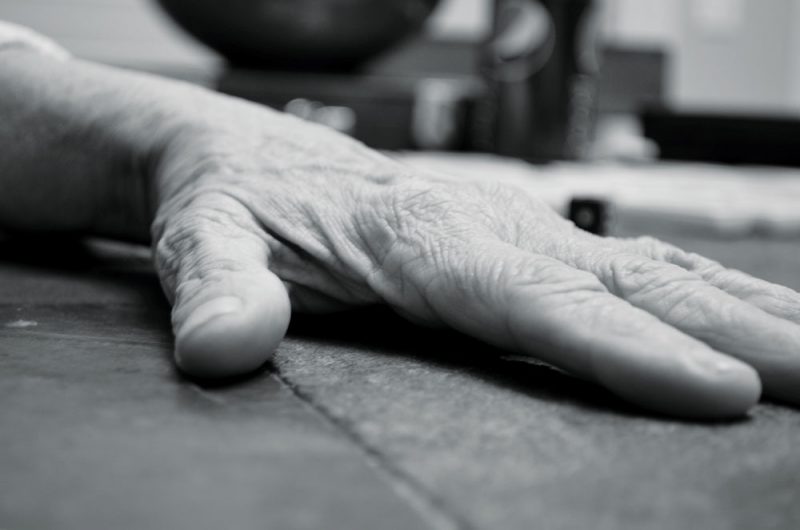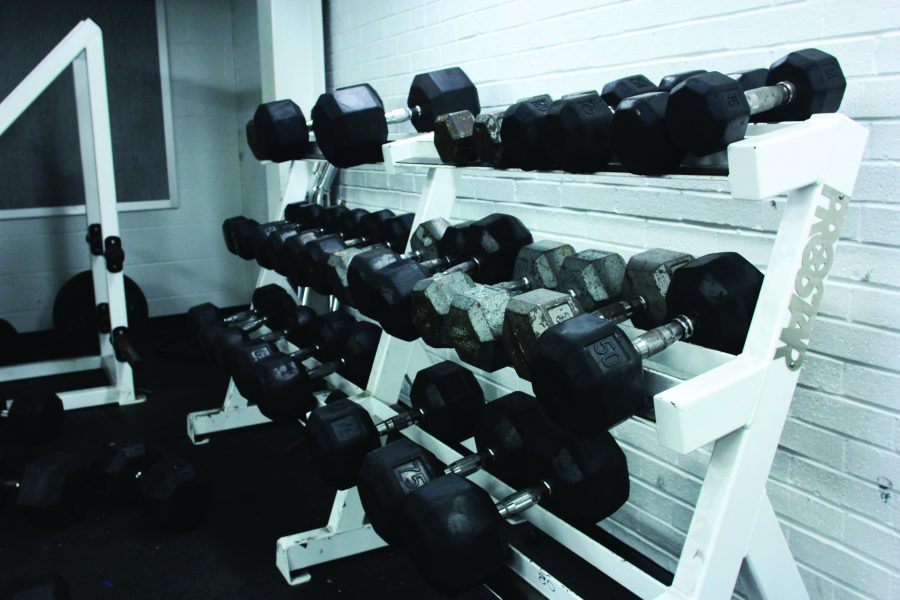Junior Vaughn O’Gorman doesn’t depend on a bus to get to school during the warmer months. Instead, his preferred mode of transport is his longboard.
Balance is an integral part of longboarding, so O’Gorman has spent a lot of time learning that art of equilibrium.
“[It’s a] lot of falling, a lot of scabbed knees. It was getting back up and getting back to that point where you have to balance,” O’Gorman said. “It was about trying to push yourself to learn how to keep the body stable.”
Born without a strong sense of balance, O’Gorman pushed himself to excel at longboarding. Over time he learned techniques that aided his balance both on and off of the board.
“It’s more about foot placement, I think. It’s about how you center your gravity, so it’s your feet. You have to move them out and spread them out and absorb into it,” O’Gorman said. “You have to put your body into whatever you are balancing on.”
O’Gorman has become skilled at balance, a sense known as equilibrioception. Many people learned the usual sight, touch, smell, hearing, and taste in school, but scientists have divulged that there are a plethora of other senses.
The reason that senses such as thermoception, the sense of the temperature, and nociception, the sense of pain, aren’t simply classified under touch or another of the original five is because they involve different sensory receptors.
Junior Hannah Chen has an acute sense of thermoception, just as many animals do, as it helps them to keep their body at a healthy temperature and warns when the environment around them is becoming dangerously hot or cold.
“It is insanely cold in the science wing during the summer when the AC is on,” Chen said. “I turn into a human icicle and then I bring a jacket the next day.”
Defining a sense is somewhat sticky because there is no central dogma as to what makes something a separate sense.
“One, somewhat vague definition might argue that a human sense is simply a unique way for the brain to receive information about the world and the body,” Dr. Christian Jarrett said in a BBC article.
Dr. Jarrett is a renowned psychologist who wrote the book “Great Myths of the Brain.” In one chapter of the book, Jarrett discusses “new” senses and the process by which senses are defined.
The different sensory receptor method isn’t always practical because of the many different receptors humans have, each with their very own job.
“Humans have over 1,000 distinct olfactory [smelling] receptors tuned to different odorous molecules. Should each one be counted as a different sense?” Dr. Jarrett said.
As is common with science, there is no right or wrong way to define a sense, but many scientists can agree that limiting senses to the original five is, well, limiting.
By Abby Kempf
art by Claire Simon



























































































Jeff • Jul 27, 2019 at 2:40 am
Nonsense